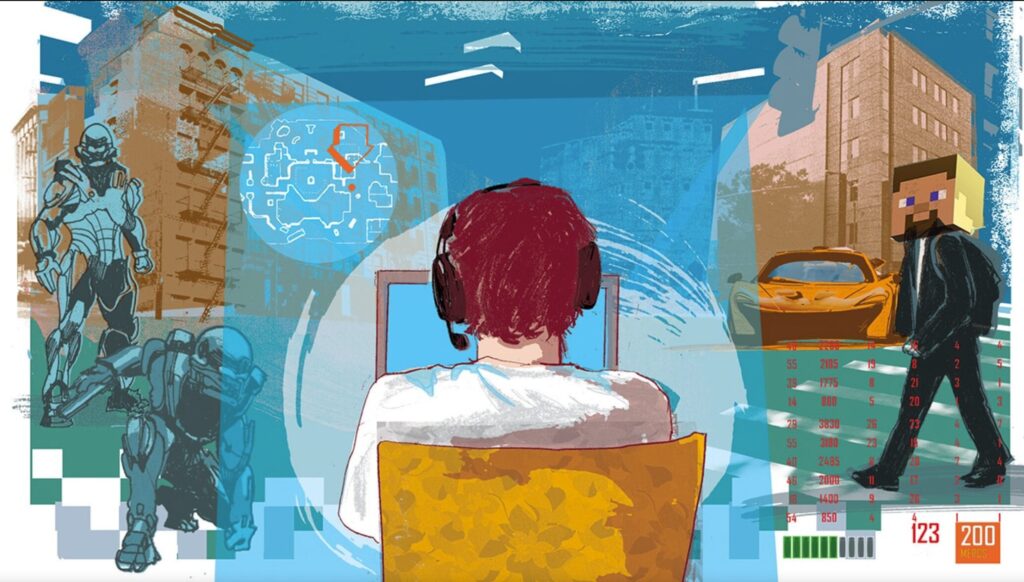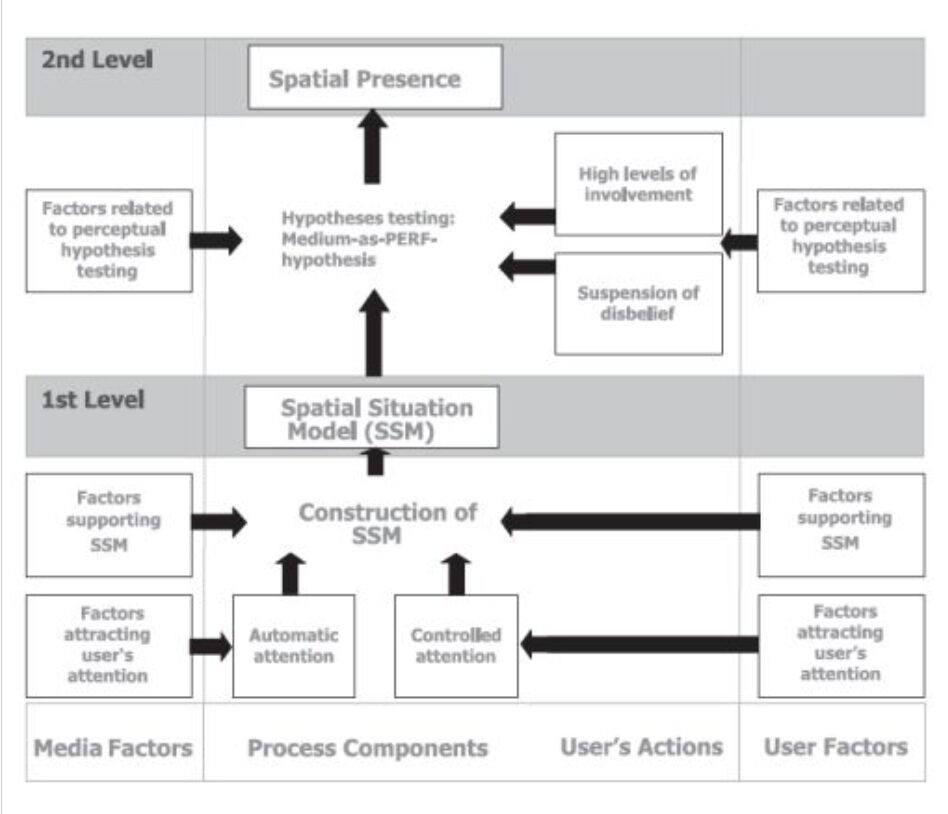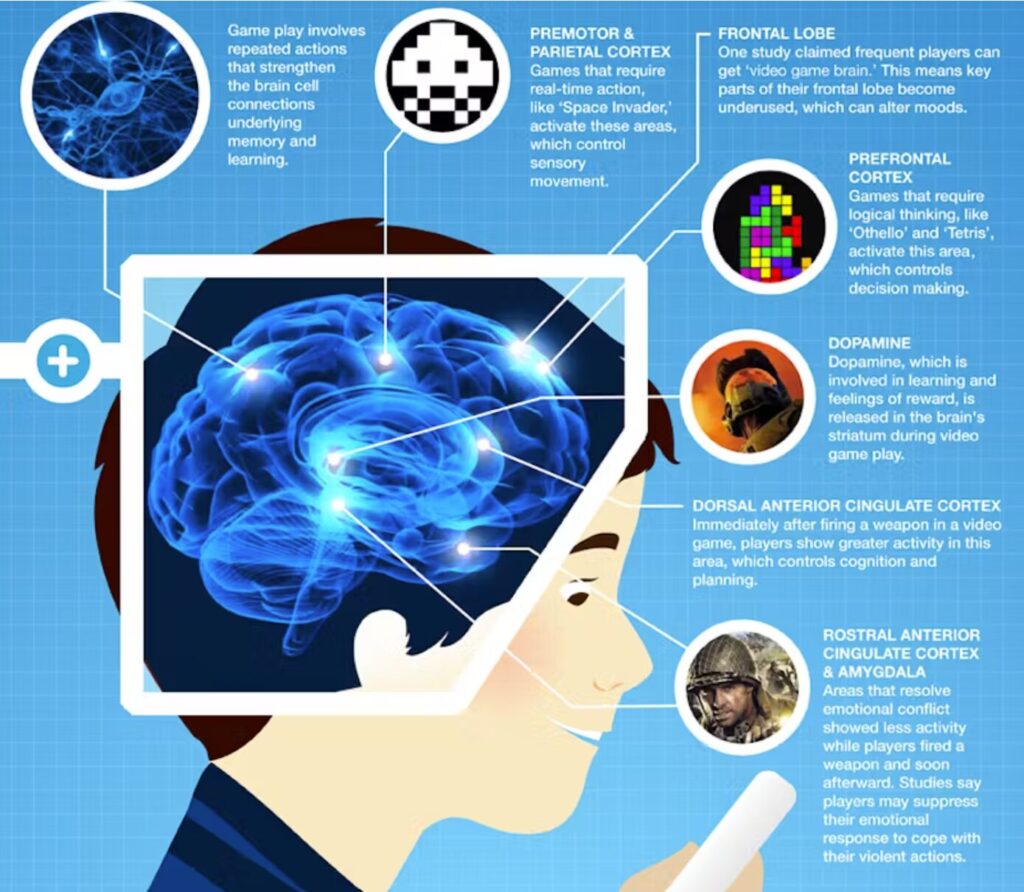
Introduction: A World on Screens
The modern landscape of entertainment is dominated by video games. Once a niche hobby, video gaming has become a multi-billion-dollar industry, with platforms such as Fortnite, Minecraft, and League of Legends drawing millions of players across the globe. The accessibility of gaming through mobile phones, consoles, and PCs has transformed it from a pastime to a near-ubiquitous cultural phenomenon.
Yet, as video games have grown in popularity, so too have concerns about their effects on mental health, brain function, and socialization. Critics argue that video games, especially those with violent content or isolating multiplayer environments, may not just be passive entertainment, but active contributors to behavioral changes, brain deterioration, and social exclusion. For many young people, gaming has shifted from a recreational activity to a primary form of engagement with the world—at the expense of face-to-face interactions and real-world relationships.
Despite claims that gaming fosters problem-solving skills, critical thinking, and even community-building, researchers warn of the dark side of this burgeoning virtual culture. Prolonged exposure to certain types of games may lead players to act out in real life, affect brain health, and foster feelings of seclusion and loneliness. In this piece, we will explore these issues in depth, drawing on the latest research and expert insights to understand how gaming could be shaping a generation’s cognitive and social development.
Chapter 1: The Psychology of Immersion – From Play to Action
Video games are inherently designed to captivate. With advanced graphics, complex narratives, and real-time player interactions, these digital worlds are carefully crafted to keep players engaged for hours on end. But what happens when the boundaries between virtual and real-world behavior begin to blur?
Numerous studies have examined the potential impact of violent video games on behavior. The 2018 meta-analysis conducted by Dr. Craig Anderson and his team at Iowa State University reviewed over 100 studies on violent video games and aggression. The results were clear: individuals who regularly played violent video games were more likely to exhibit aggressive thoughts, feelings, and behaviors. Anderson’s findings were not merely correlational; the studies suggested that violent gameplay led to both short-term and long-term increases in aggression.
Anderson’s model of behavioral rehearsal posits that video games act as virtual rehearsal spaces where players practice certain behaviors. When those behaviors involve violence or antisocial actions—whether it’s shooting enemies in a first-person shooter or engaging in criminal activities in games like Grand Theft Auto—the repeated exposure can desensitize players to real-world violence. Over time, the brain begins to normalize these behaviors.
While proponents of video games argue that most players can distinguish between fantasy and reality, the concern remains for individuals—especially children and adolescents—whose cognitive control centers are still developing. Dr. Brad Bushman, a psychologist at Ohio State University, notes that violent video games provide a unique form of interactive media. “Unlike TV shows or movies, video games require players to actively participate in violent scenarios. They aren’t just passively observing violence—they’re committing it,” Bushman explains.

Bushman’s research has found that violent video games are particularly harmful for younger audiences. Adolescents, whose brains are still maturing, may struggle to differentiate between acceptable behaviors in the virtual world versus the real world. “We see this when kids engage in imitative play—they mimic behaviors they’ve seen or experienced,” Bushman adds. While the vast majority of gamers will never act out in real life, the desensitizing effect of prolonged exposure to virtual violence remains a significant concern.
The General Aggression Model, widely cited in psychological research, explains how repeated exposure to violent scenarios in video games can lead to the development of aggressive scripts in the brain. These scripts can influence how a person reacts to conflict or provocation in the real world, potentially increasing the likelihood of an aggressive response.
However, it’s important to acknowledge the counterarguments. Many in the gaming industry argue that studies linking violent video games to real-world aggression are overblown. They point to the millions of players who enjoy violent games without displaying antisocial behaviors. Additionally, they argue that societal factors—such as home environment, education, and mental health—play a more significant role in determining whether someone acts violently.
Nevertheless, the debate continues as more research emerges. The question is not whether all gamers will act out violently, but whether certain vulnerable individuals—those with existing mental health issues or poor social support—might be at greater risk.
Chapter 2: The Neurological Toll – How Gaming Impacts the Brain
The allure of video games is undeniable, but what is happening inside the brain when we play? Neuroscientists are increasingly focusing on the long-term effects of video gaming on cognitive function, and the results raise alarms, particularly regarding the deterioration of specific brain regions.
One of the most significant findings comes from the University of Montreal, where researchers discovered that playing certain types of video games can lead to a reduction in gray matter in the hippocampus. The hippocampus, a critical brain structure involved in memory formation and spatial navigation, is essential for learning and long-term cognitive health. Dr. Gregory West, who led the research, studied the effects of first-person shooter games on the hippocampus. His team found that players who spent hours navigating fast-paced, three-dimensional environments were more likely to experience a decline in hippocampal gray matter. “What we observed is that gamers are relying more on habit-based systems in their brains, which do not require as much cognitive effort as the hippocampus. Over time, this can lead to atrophy,” West explains.
The decline of gray matter in the hippocampus has serious implications. Reduced hippocampal volume has been linked to an increased risk of neurodegenerative diseases like Alzheimer’s. Additionally, impaired hippocampal function can result in difficulties with memory recall, spatial orientation, and learning new information—skills that are essential for academic and professional success.
Another area of concern is the overstimulation of the brain’s dopamine system. Video games, particularly those designed with reward-based mechanics, are notorious for triggering dopamine release in the brain. Dopamine is a neurotransmitter associated with pleasure and reward, and it’s activated when players achieve certain in-game goals, such as leveling up or defeating enemies.
Over time, the brain begins to expect these dopamine “hits” from gaming, reinforcing the behavior. In extreme cases, this can lead to addiction. The World Health Organization officially classified “gaming disorder” as a mental health condition in 2019, describing it as a pattern of gaming behavior that takes precedence over other life interests and daily activities.

Dr. Valerie Voon, a neuroscientist at the University of Cambridge, has studied how video games can stimulate the brain in ways that mirror addictive substances. “The neural circuits activated by gaming are similar to those triggered by drugs or gambling. These are the same reward pathways that drive addictive behavior,” Voon explains.
The addictive nature of video games, especially in younger individuals, can interfere with critical developmental processes. Adolescents’ brains are still developing, and excessive gaming can impair their ability to focus, regulate emotions, and make sound decisions. Dr. Daphne Bavelier, a professor of cognitive neuroscience at the University of Geneva, has also warned that while some video games can improve certain cognitive skills, they often come at the expense of others, such as impulse control and attentional capacity.
While some argue that video games have cognitive benefits—such as improved hand-eye coordination, enhanced problem-solving skills, and even increased brain plasticity—the potential for long-term harm should not be ignored. As the research stands, video games appear to be a double-edged sword when it comes to brain health.








